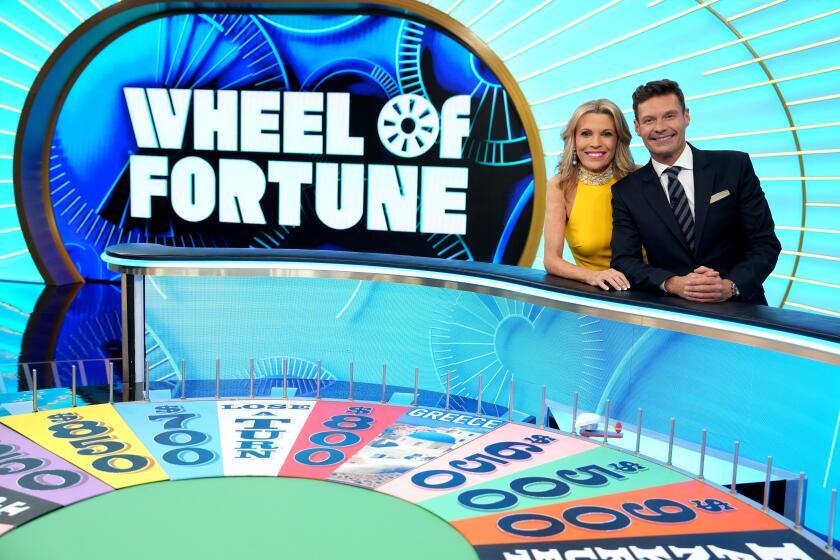John Legend sells music catalog, joining Dylan and Springsteen
John Legend joined the growing list of superstars cashing in on the boom market for music rights, selling a catalog dating to his first album to an alliance of KKR & Co. and BMG.
The songwriter and performer sold the copyrights as well as the rights to receive royalties from music he wrote from late 2004 through early last year, according to a regulatory filing. DL Music IP, an affiliate of San Francisco-based KKR Credit Advisors, and BMG Rights Management each purchased a 50% stake in the catalog. Financial terms of the agreement weren’t disclosed.
Amid rising demand from private equity firms such as KKR, artists such as Bob Dylan, Stevie Nicks and Neil Young have struck blockbuster deals for their work, capped last month by Bruce Springsteen’s sale of his entire recorded music and songwriting catalogs for a reported $500 million. KKR and BMG said last year that they would partner to acquire catalogs, and in December announced a deal for the music interests of rock trio ZZ Top.
Legend, 43, is at a much earlier stage in his career than the likes of Dylan and Springsteen, and thus his future releases and continued presence in public should help drive streaming revenue from the songs purchased by KKR and BMG.
“It’s a great time to be a seller because the valuations are so high,” said Eli Ball, founder of Lyric Financial, a provider of financial services to the music community that’s owned by Utopia Music. “Legend is still at the top of his game, and he has even more platforms to exploit his music, which is good for him, KKR and BMG.”
BMG didn’t immediately respond to requests for comment on the deal. A KKR spokesman declined to comment, as did David Levin, Legend’s business manager. The deal was struck in September, according to the filing, but not otherwise announced.
BMG has worked with Legend since it acquired his music publisher, Cherry Lane Music Publishing Co., in 2010.
Dubbed “Music Mogul of the Year” by Variety in 2020, Legend released his debut studio album “Get Lifted,” on Dec. 28, 2004, and has gone on to expand into other areas of the entertainment field, in part through the founding of a production studio that has created shows for Netflix Inc. and ABC. Variety estimates that Legend, born John Roger Stephens before adopting his stage name, takes in between $50 million and $100 million annually from his various enterprises, including LVE, his Napa Valley wine brand.
Singer-songwriter-actor John Legend and his wife, model Chrissy Teigen, have listed their home in Hollywood Hills for $1.995 million.
KKR has spent heavily since announcing its alliance with BMG, a unit of Germany’s Bertelsmann, in March to acquire music catalogs. In a separate deal, KKR paired up with Dundee Partners to purchase a portfolio of song rights from Kobalt Capital Ltd. in October for about $1.1 billion.
The agreement with Legend covers “all present and future accounts and payment intangibles” for the right to collect royalties and other income from music he composed or wrote from Dec. 1, 2004, to Jan. 1, 2021, as well as the copyrights to the works, according to a Uniform Commercial Code financing statement filed in November in New York state, where John Legend Music Inc. is based.
The UCC financing statement shows KKR and BMG have a claim on the music, preventing the assets from potentially being sold or pledged as collateral to another party. John Beiter, a Nashville entertainment attorney who reviewed the document, said it appears to describe a catalog sale.
“The people with the capital have realized that music is a good bet,” Beiter said. “Among speculative investments, it’s a lot less speculative than other things because the future looks bright for music being performed via streaming.”
More to Read
Inside the business of entertainment
The Wide Shot brings you news, analysis and insights on everything from streaming wars to production — and what it all means for the future.
You may occasionally receive promotional content from the Los Angeles Times.










